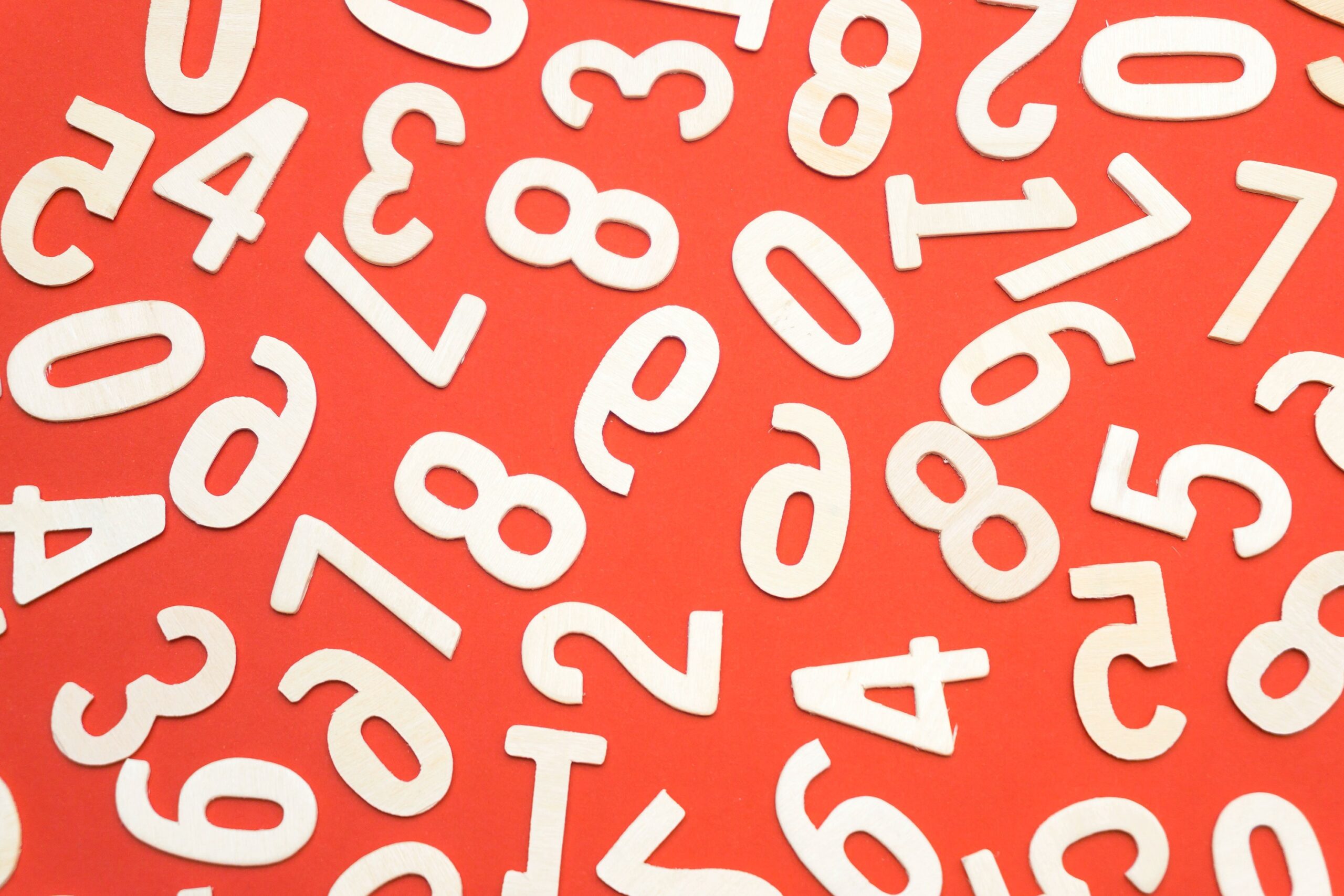
Random number generators are used in many aspects of technology, in many ways which we encounter on a daily basis. From cryptocurrency, banking to video gaming. Random numbers fall into two distinct categories, pseudorandom numbers and “true” random numbers. The difference is essential for the security of encrypting systems that we use.
With the technology giant Intel, the built-in random chip hardware has come under scrutiny recently, to fully understand this problem you first need to look at what random number generator is used for and the ways they generate the numbers or letters we use. Check out Giga Calculator for a great randomizer.
What Are The Uses For Random Numbers
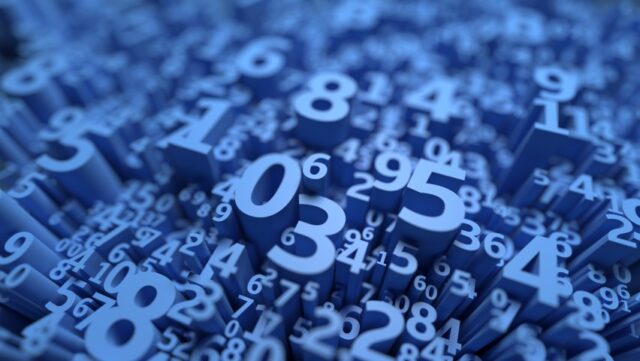
Random numbers and the way they are generated is not a new concept, in fact, for thousands of years, we have had systems that are still used today. Rolling dice and flipping coins are the two most common examples. With the advent of computer technology, we can massively expand on the original principal. The Banking sector uses random number generators for security eg. your Atm pin numbers and most websites will offer an encrypted option to you choosing a password that can be a whole lot safer than the ones we choose ourselves.
The problem is that we are all guilty of it. We make a hacker or cyberthief’s life easy by constantly using the same password or codes to access our information. Still today the most common passcode is 123456 or 1234 which doesn’t take much time for somebody trying to look at or use our accounts or social media data. Underscoring the benefits of using random number generators. The passwords that we use are often simple to crack for anybody with a bit of skill and time, even using an 8 letter password can take as little as 5 hours to decipher, a 10 letter password though can take up to 4 months even for an experienced hacker. Change the code regularly and use random numbers and letters to avoid any misfortune.
In games

The first application of random numbers was tried out in sports gambling. Games of chance have been played for many years using dice, roulette wheels and shuffling of playing cards. The modern electronic gaming casinos are known to have one random generator which is responsible for deciding the outcome of a trial in a game. The spinning of the reels in a modern slot machine does so for entertainment purposes as the machine is controlled by a random number generator that determines where the reel should stop.
In politics
The application of random numbers has a long history as it dates back to the Fifth century BC. Isonomia, which refers to some kind of equality of political rights in Greek has been described to apply randomness. Leadership was thus in the hands of committees that were allotted by the people. Randomness also applies in countries in countries like the UK and the US on the Anglo-Saxon legal systems.
Cryptography
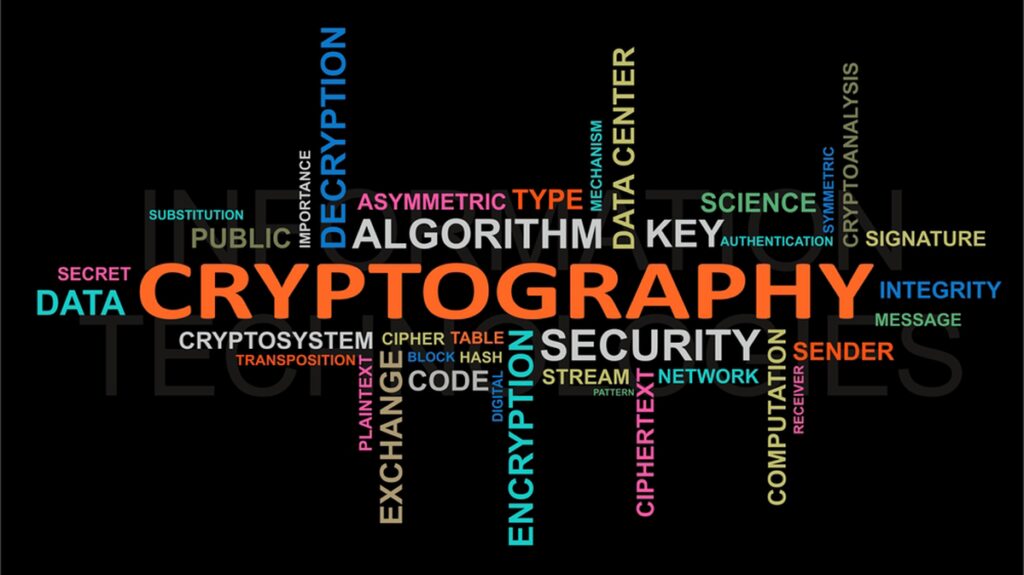
If you care about modern technology, then you may have come across blockchain. The best application of cryptography has been experienced in cryptocurrencies when it comes to the generation of private and public keys.
True Random Numbers Explained
How can a computer devise a truly random number or password? The answer is it cannot. As with all computer programs devised, it still needs to have a base of data to work from. These can be as simple as the use of your keyboard or mouse.
An example is the speed at which you type or taking a random time of day which you started to type, let’s say you started typing at 8.a.m and exactly 0.4385674 seconds after 8.a.m you hit the first key this has enabled the random generator to have a physical connection to you and use this as a base to generate a random passcode. Nobody can predict when you make this interaction with the computer, making it nearly impossible to understand what the basis of your codes is predicated on.
Pseudorandom Numbers
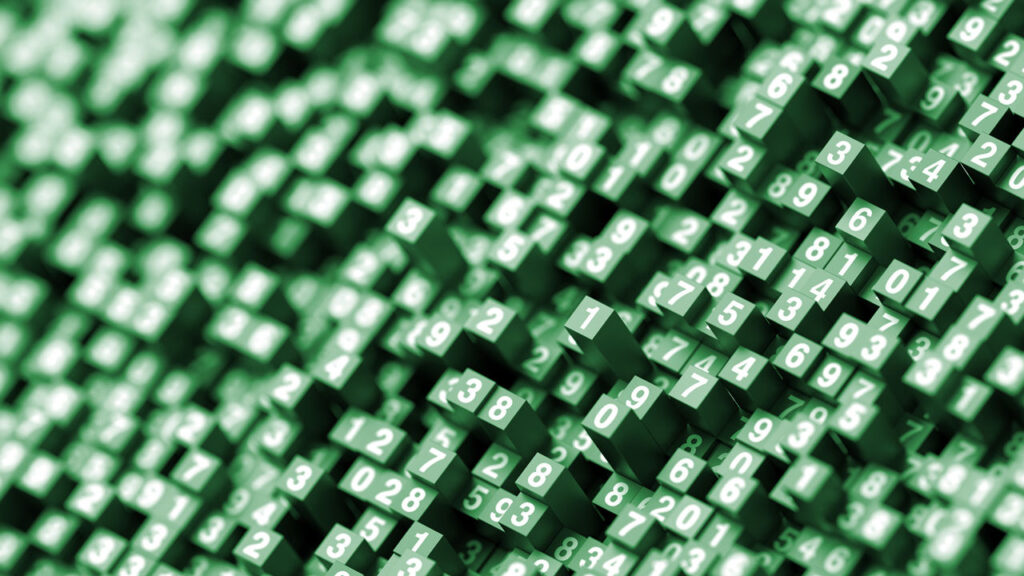
An alternative to True Random Numbers is a Pseudorandom code generated by using seed numbers and an algorithm. They appear to be random but in fact, are not entirely random. By using this method it does make it possible for a cybercriminal to more easily predict a password or passcode. When playing video games the outcome is often determined by random Pseudorandom numbers or True random numbers but being only a game not too many people are concerned by the method employed.
When it comes to sensitive personal data it is different. Using a Pseudorandom algorithm can leave you vulnerable to attack by a cybercriminal. Working backward an experienced hacker can decipher the seed code that a random pseudorandom generates and can access your information.
Random Number Generators And The Government
It has long been a suspicion of data analysts and mathematicians that there is a backdoor in most of the popular random number generator programs and chips available. It is a bit of a grey area but the New York Times uncovered such a program involving the United States NSA (National Security Agency). It has been reported that the agency has an algorithm with the potential to decipher any passcodes, which over the course of several years with the reported help of $250 million dollars they were able to develop an algorithm that can crack secure networks and passcodes.
It is not known if this is still the case after 2 Microsoft employees in 2007 uncovered a potential flaw and intentionally placed code error allowing for what is termed a “backdoor”. The NSA has never commented on the matter but it is widely believed it could only be done by a government agency due to the complexity and logistics.
Summary
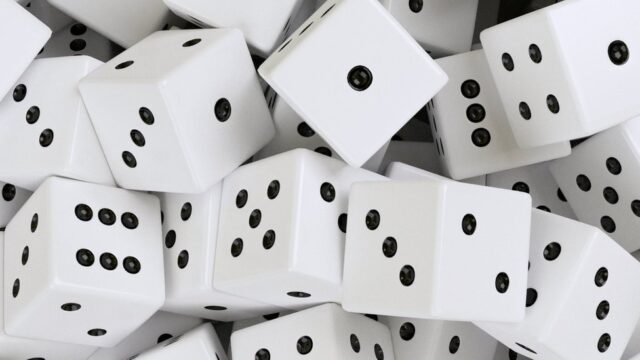
Due to the increase in cybercrime and the ever sophisticated techniques of criminals today the use of a random number generator can not be understated, we cannot rely on the 123456 passcode and must endeavor to make our private data just that, private.













